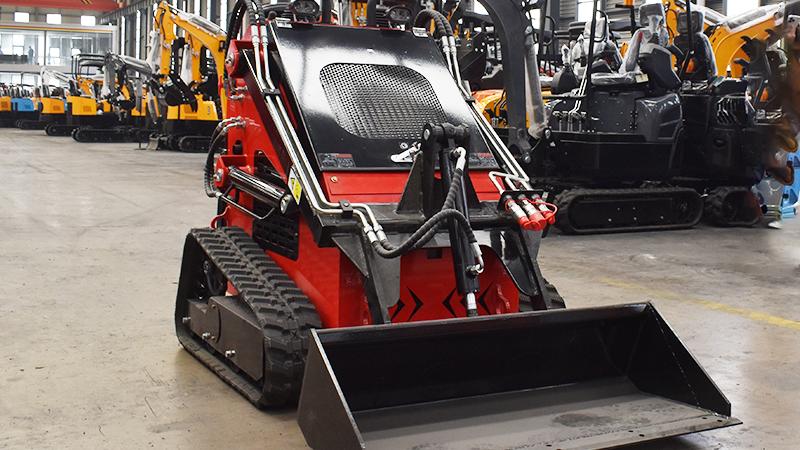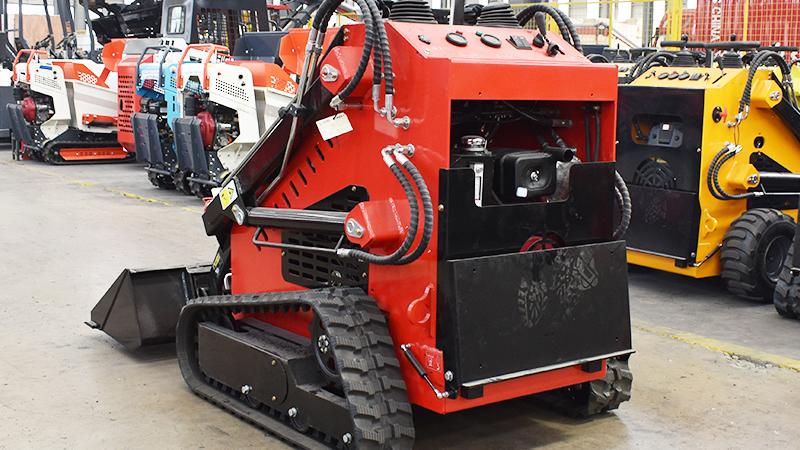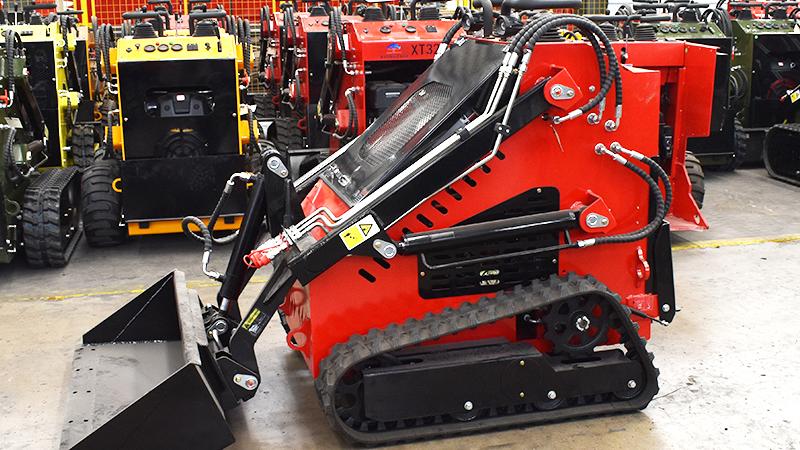The question of which skid steer loader brand stands as the most reliable is a constant topic of debate on construction sites, farms, and landscaping yards across the globe. Unlike subjective measures like comfort or features, reliability is the bedrock upon which profitability and project timelines are built. It's not merely about a machine starting on a cold morning; it's about hydraulic systems that don't leak under constant pressure, engines that withstand thousands of hours of punishing use, and durable frames that resist cracking under stress. In the competitive compact equipment market, several names consistently rise to the top of reliability discussions: Bobcat, often hailed as the pioneer and a benchmark for durability; Caterpillar, renowned for its global dealer network and robust engineering; John Deere, with its legacy in agricultural toughness; and Kubota, praised for its exceptionally dependable engines. However, declaring a single "most reliable" brand is an oversimplification. Reliability is a multifaceted concept, forged in the foundries of quality manufacturing, proven on the most grueling job sites, and ultimately measured by a machine's ability to minimize downtime and total cost of ownership over its entire operational life. This analysis seeks to move beyond brand loyalty and delve into the engineering principles, customer testimonials, and industry data that separate the truly dependable machines from the rest, providing a comprehensive view for businesses making a critical investment in their operational capacity.
When examining the pillars of skid steer loader reliability, Bobcat is invariably the first brand that comes to mind for many industry veterans. Their reputation was built over decades, largely on the back of their iconic M-Series models, which became synonymous with ruggedness and simple, easy-to-maintain mechanics. Bobcat's strategy has often focused on evolutionary, rather than revolutionary, improvements, refining proven designs to enhance strength and serviceability. A key factor in their perceived reliability is the vast and mature aftermarket parts and support network, ensuring that even if a repair is needed, downtime is minimized. Following closely is Caterpillar, a titan in global machinery. Cat skid steers benefit from the company's immense investment in research and development, often incorporating advanced metallurgy and hydraulic technology derived from their larger equipment. Their reliability is bolstered by one of the world's most extensive and professional dealer service networks, offering unparalleled support from purchase to trade-in. Another formidable contender is John Deere, which leverages its deep understanding of the agricultural sector—an industry that demands absolute reliability during critical seasons like planting and harvest. Deere machines often feature robust componentry and operator-friendly designs that reduce the likelihood of damage from misuse. Meanwhile, Kubota has carved out a powerful niche based almost exclusively on the reliability of its proprietary engines, known for their legendary fuel efficiency, low emissions, and exceptional longevity, making them a top choice for owners who prioritize powertrain peace of mind above all else.
Beyond the brand names and marketing slogans, true reliability is quantified by a machine's performance in the field and its impact on a company's bottom line. A reliable skid steer isn't necessarily the one with the highest lift capacity or the fastest cycle time; it's the one that is consistently on the job, day after day, without requiring unscheduled maintenance. This operational consistency directly translates to lower total cost of ownership (TCO), a critical metric for any business. TCO encompasses not only the initial purchase price but also fuel consumption, routine maintenance costs, repair expenses, and the residual value of the machine at trade-in time. A skid steer from a reputable brand like Bobcat or Caterpillar may have a higher upfront cost, but its superior durability, higher resale value, and lower frequency of major repairs often result in a significantly lower TCO over a five-year period compared to a cheaper, less reliable alternative. Furthermore, reliability is tested most severely in specific applications. In the demolition industry, where machines are subjected to intense shock loads and abrasive dust, the strength of the loader's arms and the resilience of its hydraulic seals are paramount. In agriculture and landscaping, where machines operate in dusty or muddy conditions, the effectiveness of filtration systems and the corrosion resistance of electrical components become the defining factors of reliability. A brand's model might excel in one environment but show vulnerabilities in another, which is why the "most reliable" choice is often application-specific.
The future of reliability in the skid steer market is being shaped by technology and shifting customer expectations. While mechanical durability remains the foundation, modern reliability is increasingly defined by electronic and hydraulic sophistication. Features like advanced climate-controlled cabs and complex emission control systems (DPF, SCR) introduce new potential points of failure that were not present on older, simpler machines. Consequently, a brand's reliability is now also judged by the durability and service-friendliness of these new systems. In response, leading manufacturers are investing heavily in telematics, such as Cat's Product Link or Bobcat's Fleet Management, which proactively monitor machine health, track usage, and can alert owners and dealers to potential issues before they lead to catastrophic failure, thereby redefining reliability from reactive repair to proactive prevention. As the industry continues to consolidate and global supply chains evolve, the brands that will lead in the next generation of reliability will be those that perfect the integration of mechanical ruggedness with electronic intelligence. They will provide not just a tough machine, but a connected asset that maximizes uptime through data. For today's buyer, the pursuit of the most reliable skid steer loader is no longer just about choosing a brand; it's about choosing an ecosystem of product support, technology, and proven performance that aligns with their specific operational demands and financial calculations.
Post time:Oct.24.2025



